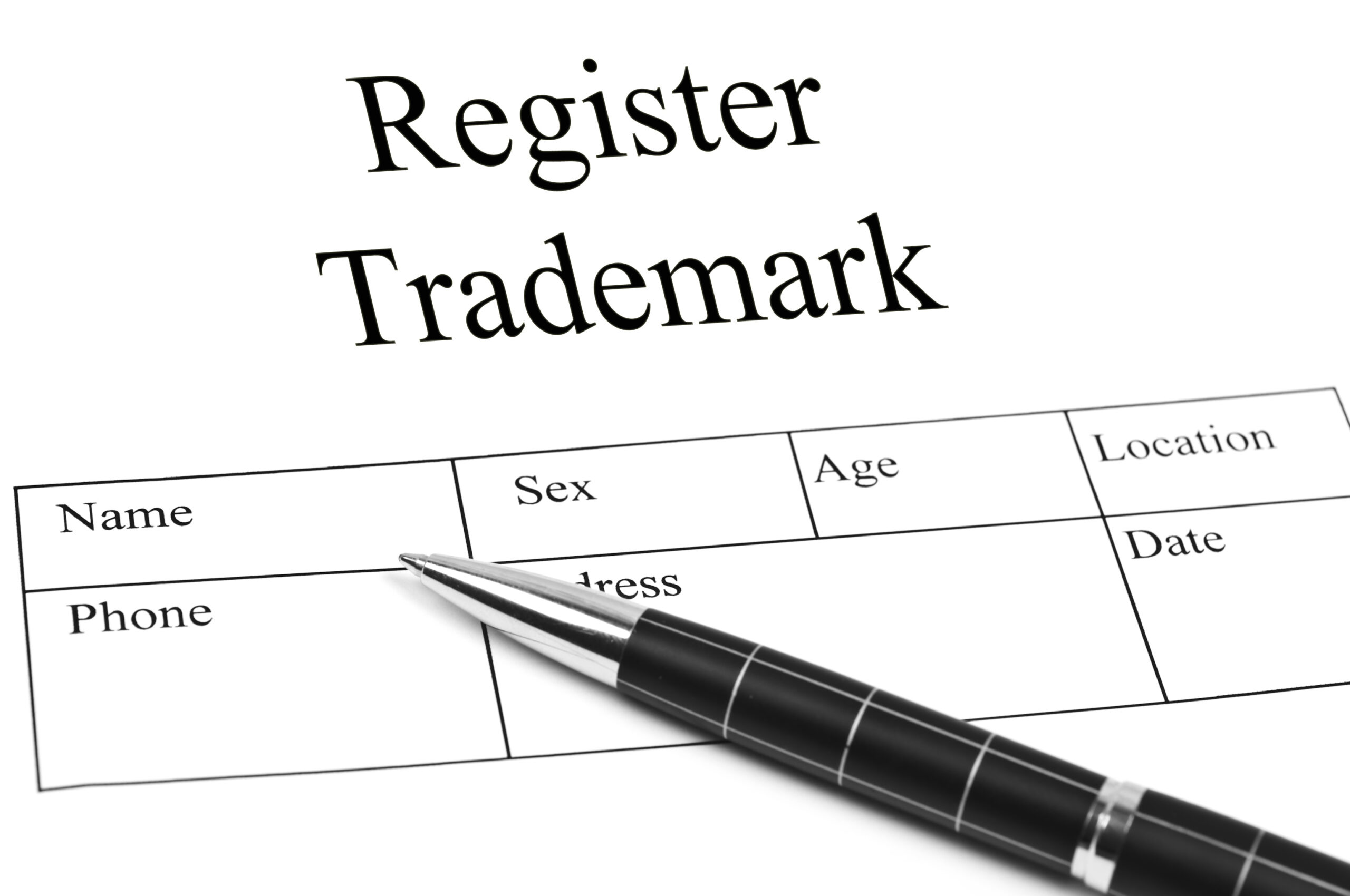A stylized check mark or “swoosh”; a red bulls-eye target; rounded golden arches shaped like the letter “M”: an easily recognizable trade-mark is one of the most important assets a business can have. It helps create brand loyalty and goodwill among customers and can raise a business’ profile and ultimately, its profit. In an increasingly globalized world where brand recognition and customer loyalty are paramount, protecting one’s trade-marks is crucial.
Yet not every trade-mark is worthy of protection. For a trademark to get protection it must be distinctive and not merely descriptive. “Clearly descriptive” trade-marks are not even entitled to registration in the Trade-Mark Register1, and less clearly descriptive trade-marks that might get registered are in danger of being challenged by competitors and deemed invalid in court.
The Federal Court of Canada recently affirmed the importance of “distinctiveness” of trade-marks, outlining the factors to consider in making such a determination. In Bodum USA Inc. v. Meyer Housewares Canada Inc.2, the Court held that the term “French Press”, which the Canadian Intellectual Property Office had accepted as a trade-mark in 1997 (and which appeared on Bodum’s non-electric coffee makers) was not a distinctive trademark, but was actually a generic term more akin to “toaster” or “pepper grinder”.
In determining whether a mark is descriptive, the correct inquiry is what an everyday user’s first impression of the mark would be3. The court noted that, while Bodum had popularized the product (and the term “French Press”) in Canada, “other manufacturers, distributors and retailers have and continue to market similar coffee makers employing the term ‘French Press’ and it has long been used as a generic term in the coffee industry across North America to reference both the type of maker and the preferred grind of the coffee used in such devices.” The term “French Press” then, made consumers think of a generic ware, and not of a particular brand.
As a result of the descriptive nature of the mark, the Court determined the trade-mark was not valid and ordered it expunged from the Trade-Marks Register. In reaching this conclusion, the Court noted that the question of whether a trade-mark is distinctive is a question of fact, requiring that the following three elements be satisfied:
- the mark and wares or services must be associated;
- the mark’s owner must use this association in manufacturing and selling its wares or services; and
- this association must enable the mark’s owner to distinguish its wares or services from those of others.
The third element is the one considered in determining whether the mark is distinctive or descriptive. The following principles will help to create a mark that is distinct and consequently, capable of being registered and protected in Canada:
- The closer a trade-mark gets to being completely “random”, the more protection it will be accorded – made up words or phrases are not descriptive 4, and when determining whether a word is descriptive it should be looked at as a whole and not broken into parts (so compound words, while potentially descriptive, might get a bit of a break here if they are different enough when combined to not be descriptive at first impression);
- The fact that a term is suggestive (i.e. conjure an image in one’s mind of what the product does) does not make the mark “clearly descriptive”5, so suggestive terms might garner sufficient protection;
- A mark which is descriptive in French or English is not afforded protection, however, a foreign word that is a descriptive term will receive trade-mark registration and protection; and
- Misspelling a word, if the sound stays the same, will not be enough to make it distinct for the purpose of trade-mark protection 6 – sight and sound will be considered.
1Trade-marks Act, R.S.C. 1985, c. T-13, s. 12(1)(b).
22012 FC 1450 (aff’d by Bodum USA Inc. v. Meyer Housewares Canada Inc., 2013 FCA 240)
3Ibid at 150.
4See e.g. Pizza Pizza v. Canada (Registrar of Trade Marks), 67 C.P.R. (2d) 202.
5Great Lakes Hotels Ltd. v. Noshery Ltd., [1968] 2 Ex. C.R. 622.



